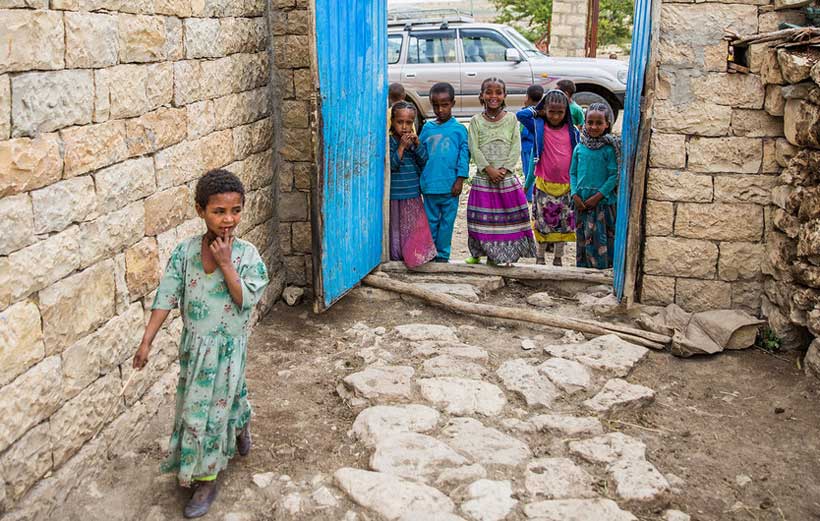The central premise of the article revolves around the notion of a dichotomous struggle between the Amhara ethnic group, represented as the thesis, and anti-Amhara forces, depicted as the antithesis.
The article “Ethiopianism in Flux: Unraveling the Struggle between Amhara Thesis and Anti-Amhara Antithesis” by Agenagn Kebede presents a highly contentious analysis of Ethiopian politics and identity, attempting to frame the complex socio-political landscape within the theoretical framework of dialectical theory, notably drawing from the works of Hegel and Marx. However, the analysis presented is fraught with numerous flaws, requiring an extensive critique to address its reductionism, oversimplification, ideological bias, and lack of nuance.
The central premise of the article revolves around the notion of a dichotomous struggle between the Amhara ethnic group, represented as the thesis, and anti-Amhara forces, depicted as the antithesis. This reductionist framework fails to acknowledge the multiplicity of ethnic identities, historical experiences, and political dynamics that characterize Ethiopian society. Ethiopia is a mosaic of diverse ethnic groups, each with its own cultural heritage, linguistic traditions, and historical trajectories. By reducing the complexities of Ethiopian politics to a binary opposition between Amhara and anti-Amhara forces, the article overlooks the intricate interplay of ethnic, regional, religious, and socio-economic factors that shape Ethiopian identity and nationhood.
Moreover, the article’s reliance on dialectical theory, particularly Hegel’s dialectical idealism and Marx’s dialectical materialism, to analyze Ethiopianism is problematic. While dialectical frameworks can offer valuable insights into social and historical processes, their application to the Ethiopian context must be approached with caution and contextual sensitivity. Ethiopia’s history, culture, and political development are distinct from the European contexts in which Hegel and Marx formulated their theories. Attempting to impose Western theoretical paradigms onto the complex reality of Ethiopian society risks oversimplification, misinterpretation, and Eurocentrism.
Additionally, the article’s portrayal of the Amhara ethnic group as the sole guardians of Ethiopian unity and civilization is deeply flawed and exclusionary. It is essential to recognize that Ethiopia is a multi-ethnic and multicultural nation. Any attempt to privilege the interests of one ethnic group over others is antithetical to the principles of democracy, equality, and social justice. True Ethiopian unity can only be achieved through inclusive nation-building that respects and celebrates the contribution of its people.
Furthermore, the article’s prescription for addressing Ethiopia’s political crisis—namely, embracing the Amhara thesis and marginalizing anti-Amhara forces—is not only divisive but also counterproductive. Ethiopia’s history and current state is marked by ethnic tensions, political repression, and armed conflict, much of which can be attributed to exclusionary policies and narratives that prioritize the interests of one ethnic group over others. Sustainable peace and reconciliation in Ethiopia require a more inclusive and participatory approach that acknowledges the rights, grievances, and aspirations of all Ethiopian communities.
In conclusion, the article’s analysis is marred by oversimplification, reductionism, ideological bias, and a lack of nuance. To move forward, Ethiopia needs inclusive dialogue, genuine reconciliation, and a commitment to pluralism that transcends narrow ethnic divisions and embraces the diversity of its people. Only through such inclusive and participatory processes can Ethiopia build a more just, democratic, and unified society for all its citizens.

